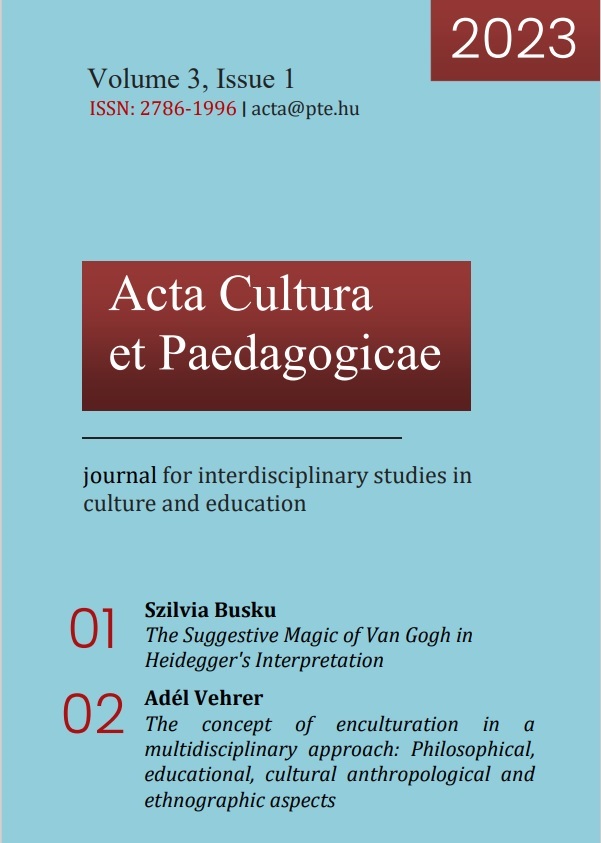In the Labyrinth of Remembrance: Historical Thinking and the Pluralism of past-interpretation
DOI:
https://doi.org/10.15170/ACEP.2023.01.07Kulcsszavak:
politics of memory, cultural identity, European remembrance, collective memoryAbsztrakt
The study explores the issues of European remembrance politics and common culture of remembrance, analysing the relationship between collective memory and historiography. It points out that history is a constructed narrative that serves political ends and that national identity is closely intertwined with the national image of history. The study takes stock of the dilemmas of a common remembrance policy at the European level: the divergence of national narratives and the question of a single European identity. Finally, presents the issues of European memory culture, from the Holocaust to EU integration and migration, and makes proposals for an unbiased, diverse and common European memory policy.
Downloads
Megjelent
2024-05-21
Hogyan kell idézni
Szilágyi, T. (2024). In the Labyrinth of Remembrance: Historical Thinking and the Pluralism of past-interpretation. Acta Cultura Et Paedagogicae, 3(1), 100–110. https://doi.org/10.15170/ACEP.2023.01.07
Folyóirat szám
Rovat
Cikk szövege

